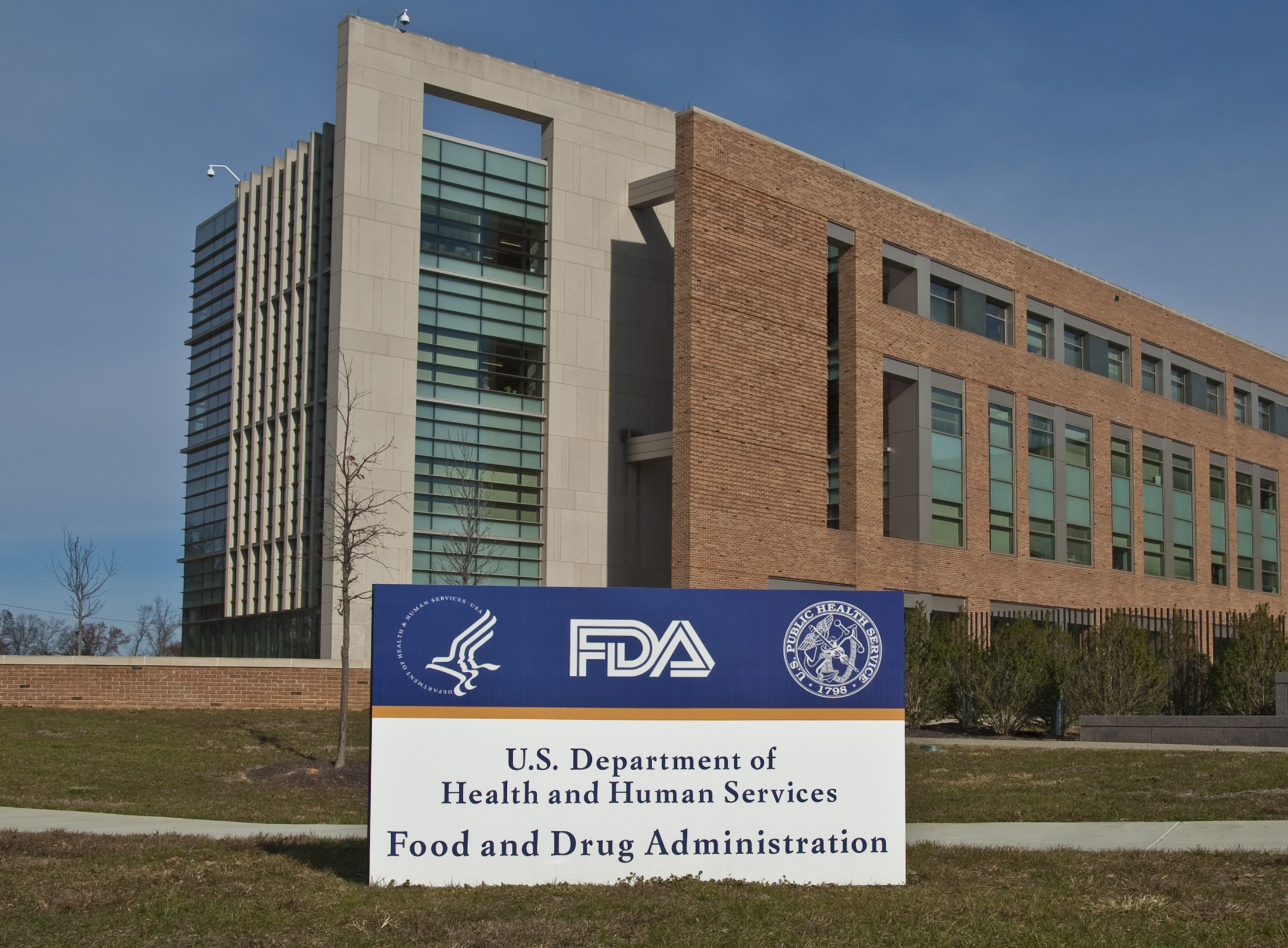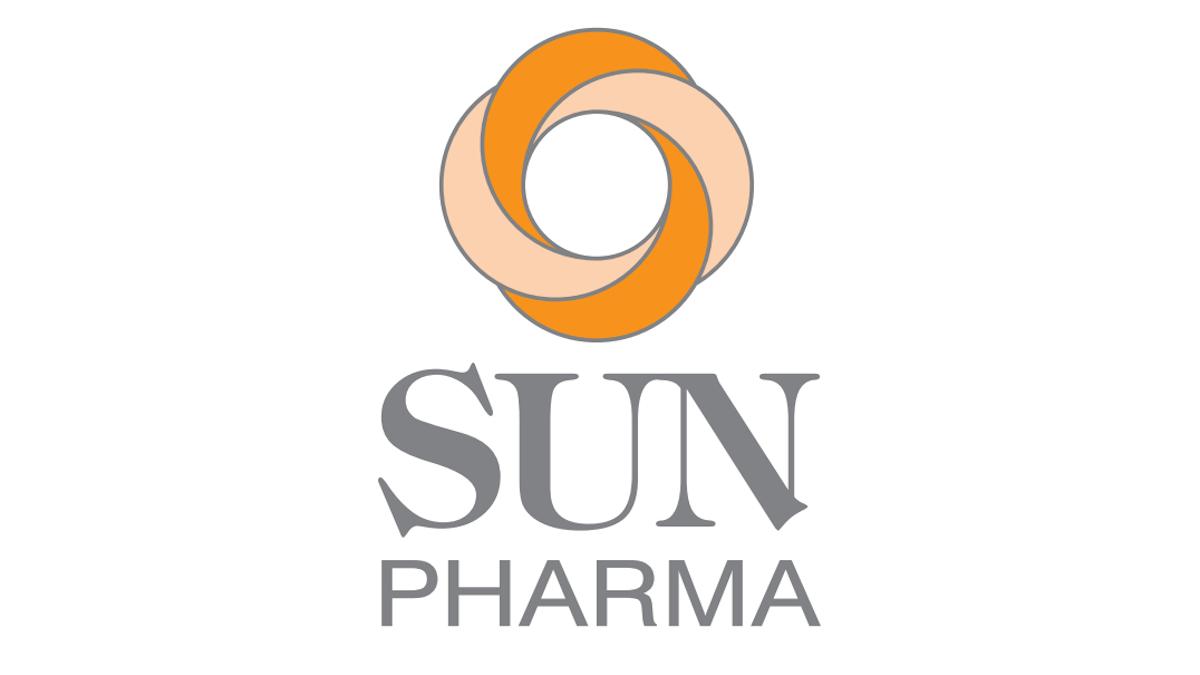Celltrion's Rituxan biosimilar gets glowing review ahead of key meeting

Reviewers from the FDA have given Celltrion’s biosimilar of Roche’s blood cancer blockbuster Rituxan a glowing report ahead of a key meeting of its advisers tomorrow.
The Oncology Drugs Advisory Committee (ODAC) is to meet tomorrow (Wednesday) to discuss CT-P10, Celltrion’s near-copy of Rituxan (rituximab).
Recommendations from the FDA’s committees are not binding – but the regulator usually follows their advice when making its decisions.
Rituxan goes off-patent in the US this year and no-one has managed to get a cheaper biosimilar approved by the FDA to compete against it.
Novartis’ biosimilars and generics arm, Sandoz has already seen its Rituxan biosimilar rejected by the FDA this year.
This means Roche continues to enjoy US yearly revenues from Rituxan of more than $4 billion – but this could be set to change if the FDA gives CT-P10 the green light later this year.
Celltrion is only seeking approval in the drug's cancer indications - untreated, or relapsed/refractory B-cell non-Hodgkin's lymphoma, and non progressing disease. Cancers must express the biomarker CD20 to allow Rituxan to bind.
The FDA rejected CT-P10 earlier this year, citing poor aseptic techniques during filling of batches and other issues at Celltrion’s manufacturing site in South Korea.
But Celltrion says it has addressed these problems, and a briefing document from FDA staffers shows it provided further clinical trial data to address separate concerns from the FDA about one of the studies included in the original dossier.
Biosimilars are near-copies of biologic drugs and are approved using a different pathway from conventional generics.
The FDA requires a combination of analytical and clinical trial data to show that there are no clinically meaningful differences between the biosimilar and the original drug.
However there may be slight differences because biologic drugs are grown in cells, rather than using chemical reactions used to create small molecule drugs.
FDA staffers wrote: “The totality of analytical data support the determination that CT-P10 is highly similar to US-licensed Rituxan, notwithstanding minor differences in clinically inactive components.
“Although some analytical differences were observed between CT-P10 and the analysed lots of US-licensed Rituxan, supportive studies and justifications provided by the applicant adequately addressed those differences.”
The FDA said that a previous study, CT-P10 3.3, may not have shown that there were not meaningful clinical differences between Celltrion’s drug and Rituxan.
But the staffers said that a new study, CR-P10 3.4 addressed these concerns.
“The totality of safety and efficacy from the clinical studies support the assertion that there are no clinically meaningful differences between the two products.”
Roche’s breast cancer blockbuster, Herceptin (trastuzumab) could face biosimilar competition after FDA approval of a rival from Mylan late last year, ahead of patent expiry next year.
The US patent on Roche’s other big cancer blockbuster, Avastin (bevacizumab) is set to expire in 2020.












